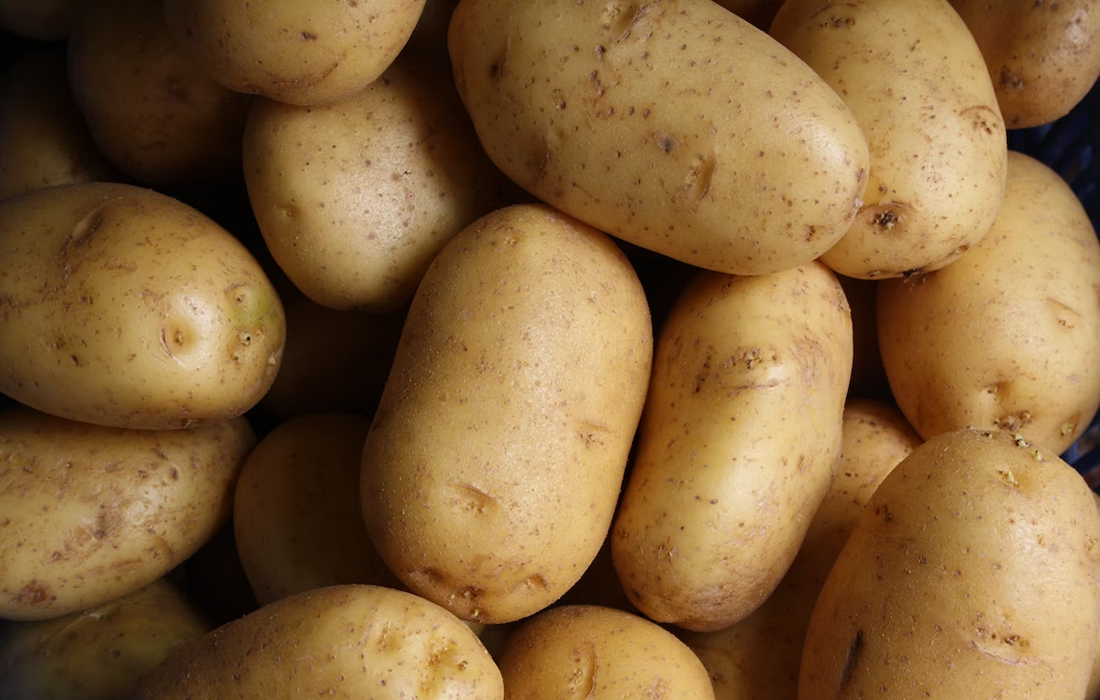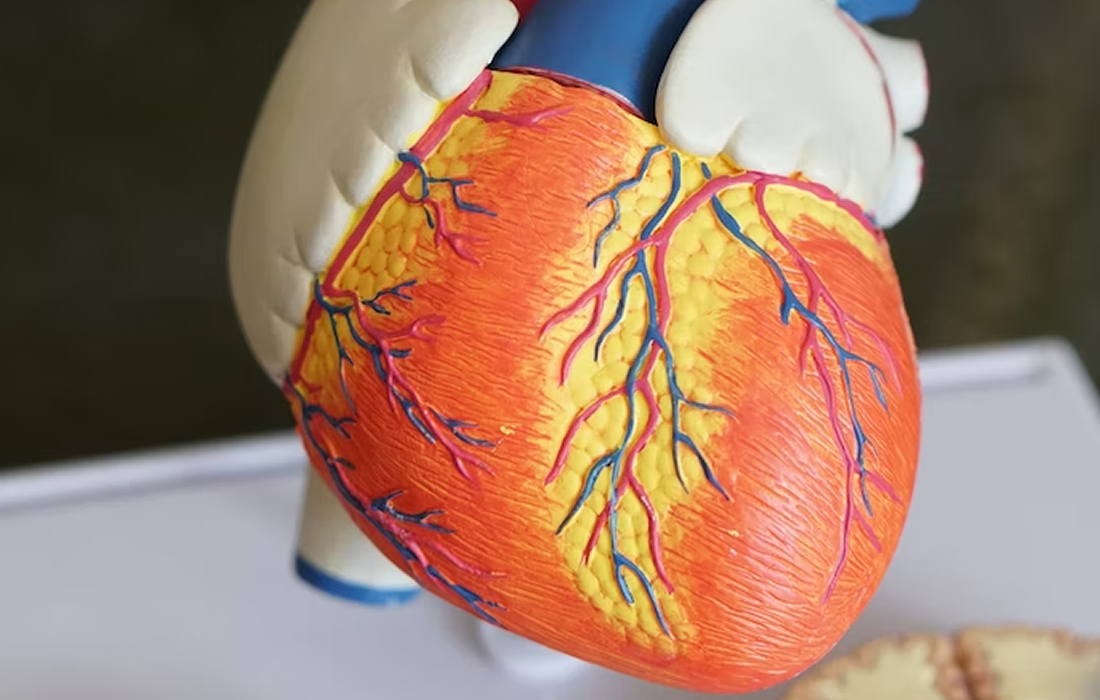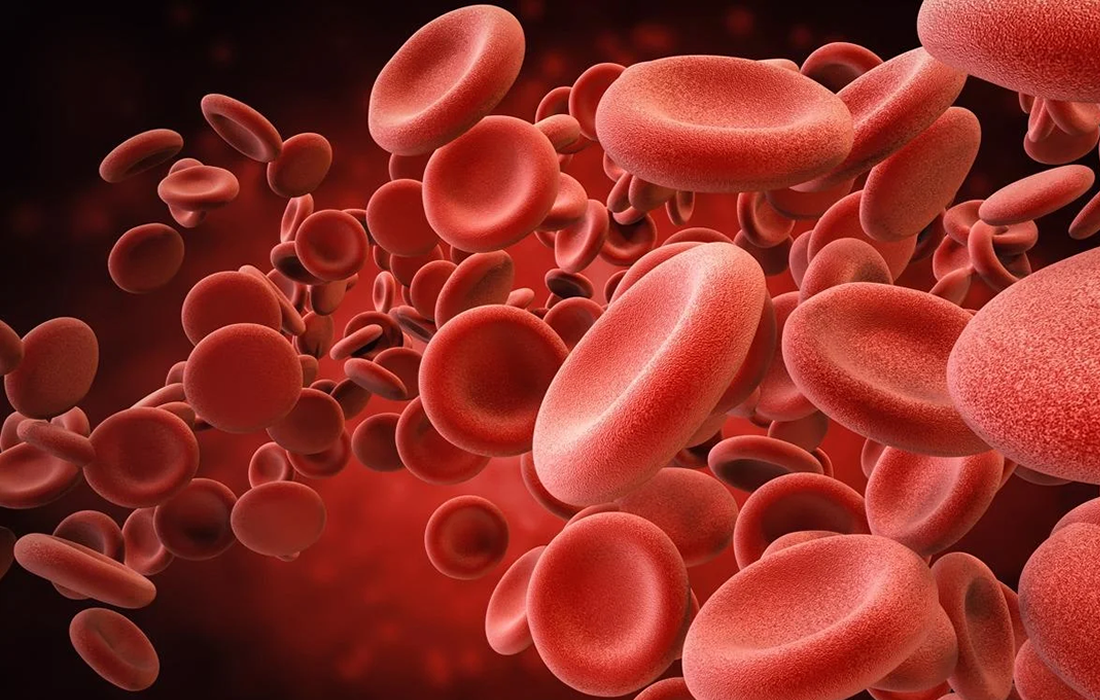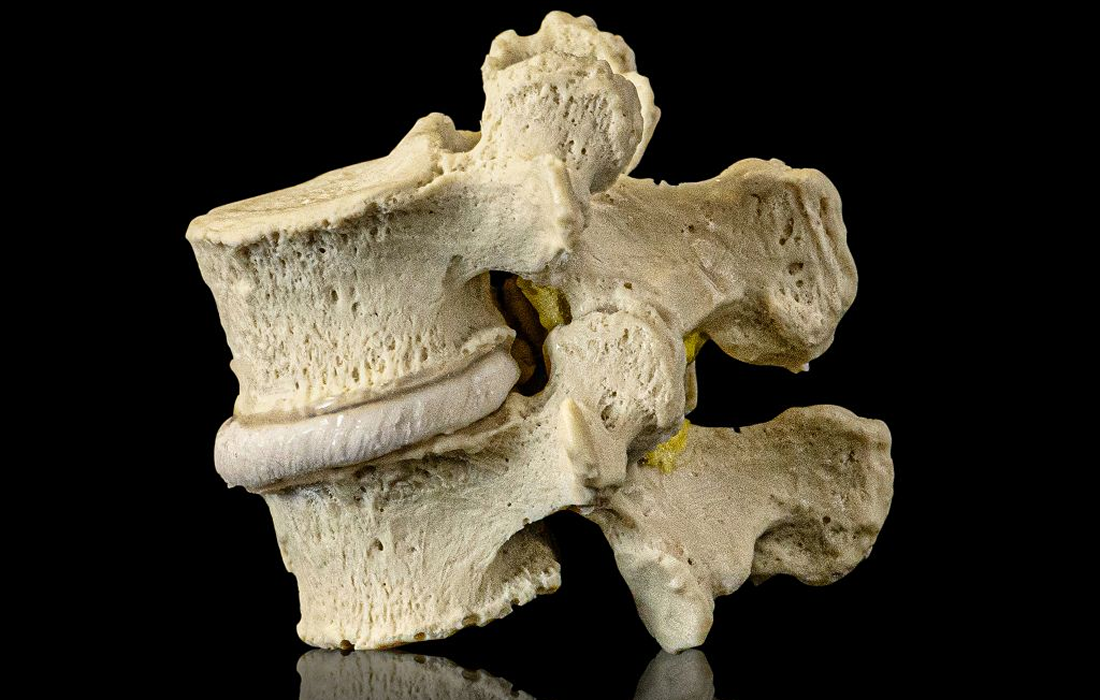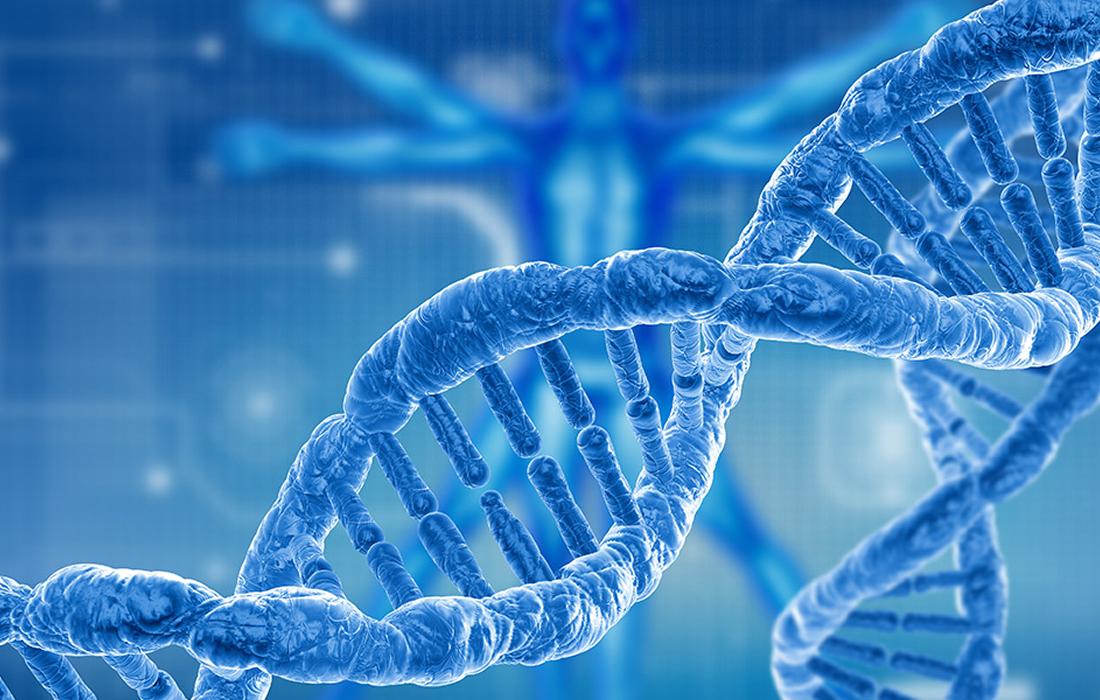There have been recent case reports of children and adolescents experiencing suspected or proven cardiac arrhythmia during electronic gaming. Subsequent proarrhythmic cardiac diagnoses have had significant implications for these children and their families. The pathophysiological basis for this phenomenon is attributed to adrenergic stimulation related to the emotionally charged electronic gaming environment. While competitive sport […]
Author Archives: Gabriel Piña, MD
Multiple Sclerosis (MS) is a chronic inflammatory, autoimmune, and neurodegenerative disease of the central nervous system (CNS). MS affects approximately 2.5 million people worldwide. High prevalence of MS is seen in northern parts of Europe and North America. Multiple sclerosis (MS) is a potentially disabling disease of the brain and spinal cord (central nervous system). […]
Plant-based milk alternatives are an attractive option for people with allergies or intolerances, or who prefer a dairy-free diet. However, because some essential minerals are required to be included on the Nutrition Facts label only under certain circumstances, consumers might not know if they are meeting their dietary needs. Now, researchers have analyzed plant-based beverages […]
Engineered tissue containing human stem cells has allowed paraplegic rats to walk independently and regain sensory perception. The implanted rats also show some degree of healing in their spinal cords. The research, published in Frontiers in Neuroscience, demonstrates the great potential of stem cells — undifferentiated cells that can develop into numerous different types of […]
Many important drugs for treating microbial infections are derived from natural products produced by microorganisms. In an era of increasing antimicrobial resistance, there is an urgent need for discovery of new antibiotics for use in medicine and agriculture. Several antifungal drugs derived from natural products, or that mimic natural products, have been approved. Pathogenic fungi […]
Direct reprogramming has revolutionized the fields of stem cell biology and regenerative medicine. However, the common mechanisms governing how reprogramming cells undergo transcriptome and epigenome remodeling (i.e., regulatome remodeling) have not been investigated. In a study published in the journal Cell Stem Cell, scientists at the University of North Carolina at Chapel Hill discovered a […]
Iron is required for cellular biochemistry, supporting processes such as oxidative metabolism, DNA synthesis, and epigenetic remodeling. As an integral component of heme, iron must be supplied in adequate amounts to secure hemoglobin synthesis and prevent anemia. Anemia due to iron deficiency is highly prevalent. It is often due to insufficient dietary iron intake or […]
Low back pain is a leading cause of disabilities throughout the world and engenders a tremendous socioeconomic burden. It has been estimated that intervertebral disk (IVD) degeneration accounts for 22–42% of patients with low back pain. IVD degeneration frequently leads to more debilitating conditions, such as lumbar disk herniation, lumbar spinal stenosis, and spinal deformity, […]
Aging is a time-dependent functional decline in molecular, cellular, and organismal homeostasis that is affected by multiple environmental and genetic factors. Genetic studies, such as loss or gain of function or forward genetic screens, have identified many of its conserved genes and mechanisms. From the metabolic perspective, nutrient-sensing pathways such as the growth hormone and […]
B-type procyanidins, a series of catechin oligomers, are among the most ingested polyphenols in the human diet. This is found abundantly in foods like cocoa, apples, grape seeds, and red wine. Results of meta-analyses have suggested that intake of foods rich in B-type procyanidins is linked to reduced risk for cardiovascular disease, including coronary heart […]





